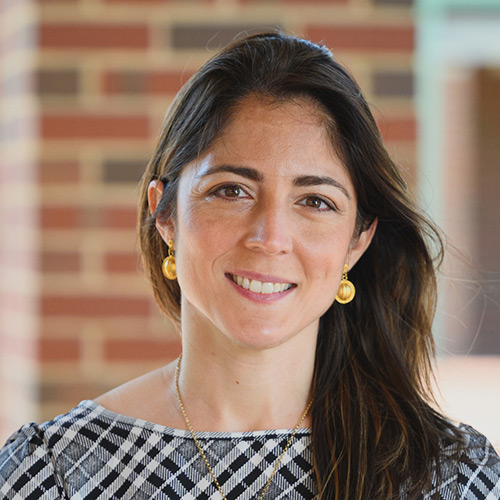Residency: Equine Surgery
The objective of the Program is to provide a 3-year postgraduate training program, under the direct supervision of American College of Veterinary Surgeons (ACVS) board-certified surgeons, designed to educate the Resident primarily in the art and science of large animal surgery and related disciplines. The Program shall partially fulfill the requirements set forth by the ACVS for admission to the examination for board certification. In general, the Program conforms to the ACVS requirements for a veterinary surgery residency program (see the current ACVS website).
The Resident shall receive intensive training in all aspects of large animal surgery for three calendar years. At least 60% of the time in this Program shall be devoted to clinical case responsibility and patient care. The Program depends in large measure on echelon teaching. Direct communications between the Resident and faculty surgeons in terms of consultation, observation, demonstration, and constructive criticism will contribute to the Resident’s education. The Resident will be expected to pursue independent study with special emphasis on current surgical literature. The resident shall engage in a strong academic program, including 80 contact hours in each of four related disciplines: anesthesiology, internal medicine, pathology, and radiology.
Didactic courses may be taken in accordance with the individual’s needs, interests, and Program requirements. Residency training and a graduate degree program are not interchangeable, but can be compatible and will be encouraged. Funding for Ph.D. degree graduate training following the residency program may be available. Seminars, rounds, and conferences constitute a significant portion of our Program; and, the Resident shall be responsible for a significant number of these presentations. The Resident shall have gradually increasing teaching and client-patient responsibilities. In order to broaden the Resident’s experience, external rotations can be arranged.
The Resident will complete at least one surgically related research or clinical investigative project during the Program; and, prepare at least one surgically-related manuscript suitable for submission for publication in an ACVS-approved, refereed journal prior to being awarded a residency certificate. In addition, the Resident is encouraged to generate two more manuscripts suitable for submission to a refereed veterinary medical journal, ie, at least one manuscript for each year in the Program.
For specific information about the Anne Forsyth Equine Surgery Residency, please contact the Program Coordinator.
NCSU Libraries provides access to ACVS Large Animal Surgery Examination Reading List resources in addition to many other relevant resources.
Leadership and Faculty
Apply
This residency participates in the American Association of Veterinary Clinicians’ (AAVC) Veterinary Internship and Residency Matching Program (VIRMP) when a position is available.
Information for International Applicants
Preference is given to applicants who have graduated from a college that is accredited by the American Veterinary Medical Association. If you wish to apply for an internship or residency program things to keep in mind:
- Have your degree translated and evaluated by a reputable company. Options include: Josef Silny & Associates, Trustforte Corporation, and World Education Services
- Some programs require the TOFEL exam to qualify for a internship or residency position.
- Most foreign interns and residents are appointed to H-1B visas.
- To ensure that a foreign national candidate has the H-1B visa at the start of their program the candidate will be asked to pay for the premium processing filing fee of $1,225 USD, if necessary.
- Getting a visa takes between four and six months if the visa is expedited it takes approximately 15 business days.
- Take the initial steps and apply for The Educational Commission for Foreign Veterinary Graduates (ECFVG) certification program is accepted by all state veterinary regulatory boards and the federal government as meeting, either in part or full, the educational prerequisite for licensure or certain types of employment, respectively.
